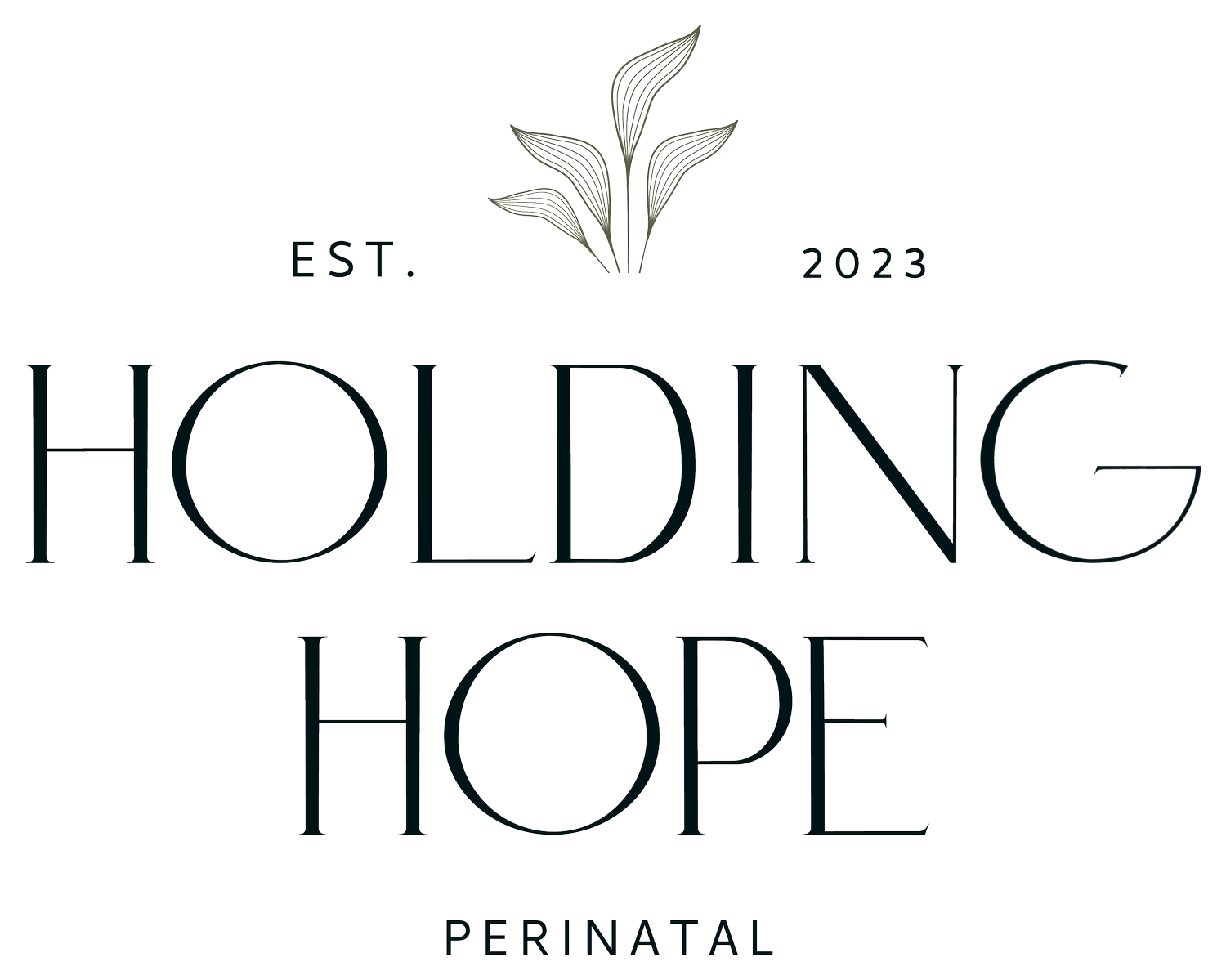
1 in 3 individuals report their birthing experience as traumatic.
You don’t have to do this alone. You deserve support.
-
This is very common following a traumatic birth. You can hate the day your baby was born and still love your baby. The two feelings are not connected. This is what makes perinatal trauma uniquely awful. The trauma happens on a day that was supposed to be one of the best days of your life.
-
Perinatal trauma can often disrupt the bond between you and your baby. This is actually common after trauma, but it is not forever. You are not a bad parent and you will eventually bond, sometimes it just takes a bit longer after trauma.
-
Yes, although it may feel impossible right now, with proper support and treatment you will begin to heal. That treatment looks different for everyone, but often includes support communities, therapy, and/or medication.
-
Perinatal trauma is a distressing event or events related to pregnancy, birth, and/or postpartum. Perinatal Trauma often leaves those affected with debilitating symptoms, thoughts, and emotions, making it difficult to function.
-
Symptoms of perinatal trauma typically include distressing feelings (grief, terror, anger) towards pregnancy, birth, or postpartum. You may find yourself trying to avoid thoughts of your pregnancy/birth or anything that reminds you of it. These feelings can be overwhelming and affect your ability to function. Nightmares and flashbacks are also common symptoms but are not required for your birth to be considered traumatic.
-
There is no hierarchy in trauma. Trauma is trauma and your trauma is valid. Trauma is caused by an automatic response of your nervous system in order to protect you. There will be different experiences for different people that can trigger this reaction. That’s why trauma is subjective. It doesn’t matter how much worse it could have been, it was bad enough to traumatize you. Your trauma was not a choice.




